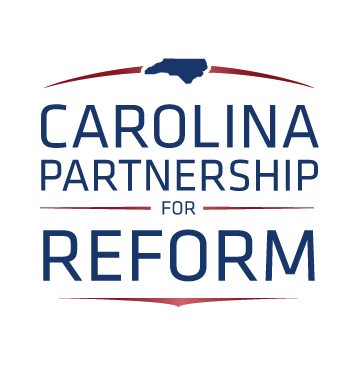Western Carolina Univ. Study: School Choice Improves Mental Health
“The congruence of results strongly supports a causal link between school choice programs and improved mental health”
Both the Senate and House have introduced legislation, called “Choose Your School, Choose Your Future,” to dramatically expand Opportunity Scholarships. The program offers taxpayer-funded grants to cover some or all of the cost of a private K-12 education for families who wish to pursue that option.
And according to North Carolina-based researchers, the policy may improve student mental health.
Researchers at Western Carolina University examined reams of mental health data to see if any relationship exists between better mental health outcomes and school choice.
The researchers concluded that yes, a relationship does exist: “States adopting broad-based voucher programs and charter schools witness declines in adolescent suicides…[and] the estimates suggest that private schooling reduces the number of times individuals are seen for mental health issues.”
The data is the data – it shows a relationship, and the researchers say the “results strongly support a causal link between school choice programs and improved mental health.” That in itself is one reason among many for lawmakers to pass the bill.
But the numbers, of course, can’t explain why. The researchers offered that private schools “face stronger competitive pressures to entice families to enroll,” and may therefore adopt programs and policies better suited for student happiness.
There’s likely something to that. There are many reasons a parent may decide to move a child from a public school to a private school. Academic performance is of course important, but we submit that a child’s happiness is just as important.
A child may not fit into the culture of his or her zoned school. A bad experience with persistent bullying, or a slate of teachers to whom the child just doesn’t respond, can all contribute negatively to a child’s mental health.
Those children, especially if they have difficult circumstances at home compounding the problem, deserve another option in their schooling.
Opportunity Scholarships offer that option, and “Choose Your School, Choose Your Future” would permit even more children to take it.
This isn’t an argument against public schools, as bill opponents allege. Plenty of students, probably the large majority, do just fine socially and mentally at their zoned school. But that’s not true of all children – better to offer a choice, then, rather than sentence an unhappy child to more of the same.

